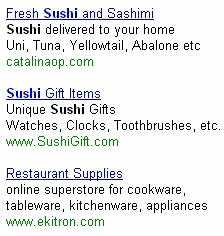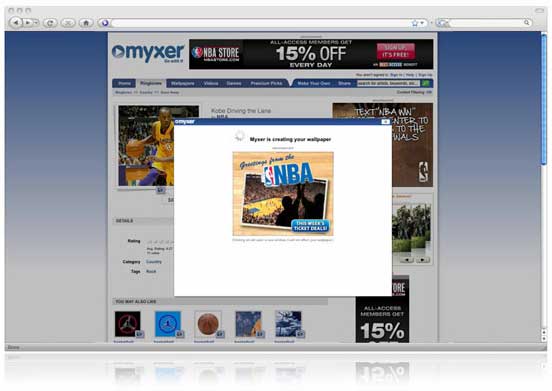If you have a website that gets a good deal of traffic but generates no money, placing ads on your site may be the key to success. Selling advertising space on your website can be a great way to make money, especially if you're a small business or blogger, but it's not easy and takes some effort to set up. Online advertising will also help your website visitors if the ads are for products and services that are useful to them.
One of the first steps to selling website ads is to determine who your audience is, which will help you target the advertising to be relevant to your customers.
When preparing to sell advertising space on a website, the seller needs to have examples of ads (sizes and types) ready to show clients. It may take some experimenting with different types of online advertising to determine which method makes the most money on a particular website.
Types of Online Advertising
Text ads and banner ads are the most common types of website ads, but there are others. Considering the constant advancements in mobile devices that use wireless Internet, it's important to make sure that you're using the correct style of advertising. For example, a standard banner ad may not work well on the mobile version of your site.
Banner Ads
Large or small picture or banner ads are one way to make money, but they usually generate the least amount of revenue because they are very common and easy for website visitors to ignore.
Revenue from banner ads is generally based on the number of unique users who look at the ad. Charging a certain amount per 1,000 users (cost per thousand, or CPM) is the most common approach.
Cost per action (CPA), is another way that advertisers pay websites. The website is paid each time a visitor completes a particular action, such as buying a product or filling out a survey. That arrangement provides the website with higher payments, but it's harder to get visitors to complete those actions.
Text Ads
According to online marketer Helen M. Overland, customers tend to trust text ads more than banner ads and so text ads convert directly to sales much more often than banner ads. Using such ads is a great way to increase the number of customers who click on links. Text ads are often purchased on a cost-per-click (CPC) basis.

Interstitial Ads
Interstitial ads are those that appear as a visitor travels from one page of a site to another. The visitor is very likely to look at those ads and will generally see those ads for longer amounts of time than banner ads. The downside is that some visitors find those ads annoying, and that could direct traffic away from your site.

How Much Traffic Is Enough to Sell Ads?
It's almost impossible to determine exactly how many site visitors will click on a particular ad. If you assume a 1% click-through rate on your website ads and an average price of $0.25 per click, you would need 400 clicks to make $100.00. That translates to about 40,000 views of the Web page.
Ad Placement
Placing ads within the content of a website generally gets the best results because the ads look more like content rather than advertising. According to Google AdSense, ads placed near important page content and navigational aids often do well because visitors focus on those areas. Placing ads at the end of an article can also be a good strategy.
How Much Should You Charge?
Determining a price for advertising on your website can be difficult. The information important to advertisers is the cost of the ad space divided by the traffic received from that ad. The number that you and the advertising company are both looking for is the CPM, or cost per 1,000 views.
Start at a low advertising rate if you are unsure of how many views your website generates. That is attractive to advertisers, and the rate can be raised as your number of views increases. ProBlogger gives a good overview of how to determine advertising rates.
Create an Attractive Advertising Page
The first thing you should make known when creating an advertising page or talking to potential advertising clients is what your website or blog is about. For you and advertisers to make money, they need to be advertising products and services that are useful to the viewers of your website.
And for your advertising page to be attractive to potential advertisers, it should list important information such as your site's number of pageviews and unique users per day or month, as well as how well it ranks according to Google (PageRank), Alexa, and Technorati, among others.
Other information important to advertisers is the size and placement of the ad space you are selling. It's helpful to list your price per ad and payment options. That is the information you will need if you choose to contact potential clients directly. Also, contacting your competition can be helpful for setting your advertising rates.
Keeping Clients Happy
Having an ongoing relationship with advertising clients is important. You might want to let them know of any changes to your site right away so that the advertising fits their needs as well as your site design. Alerting them to any problems, such as downtime on your site, will let them know that you're trustworthy.
Communicating helps you work together to create the best results for both parties. Also, getting to know your advertisers will help you if they have products that you think your readers would like to see more of.
Finally, you might offer a client a small discount for buying more ads or more ad space if your relationship is benefiting you and the visitors of your website.



